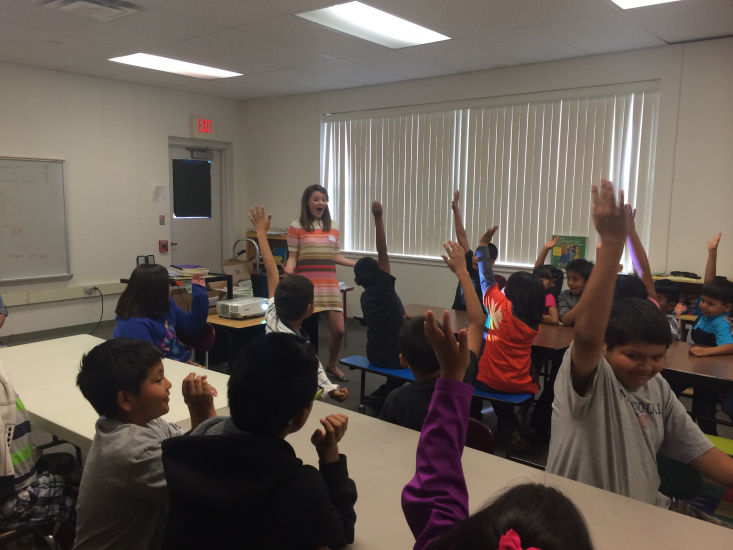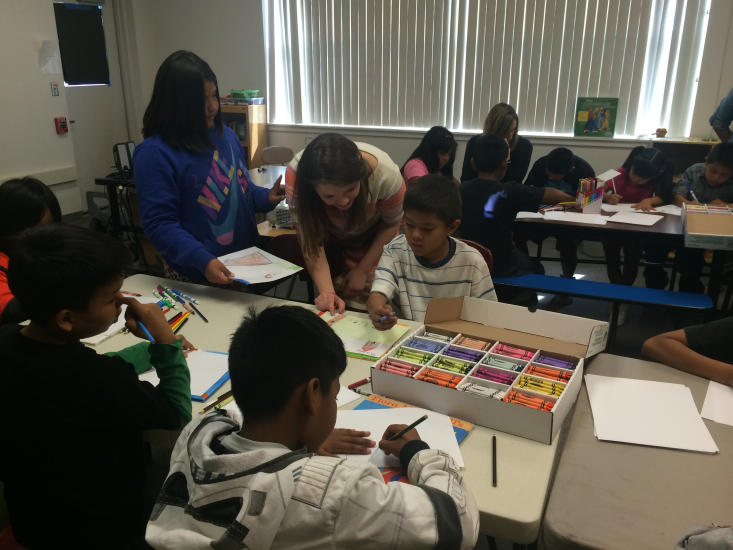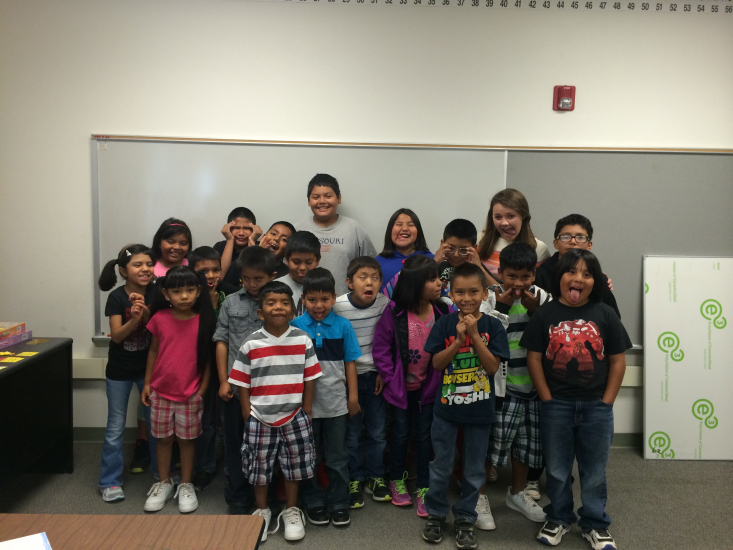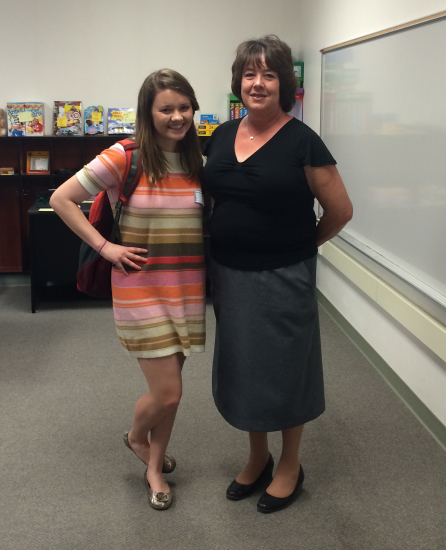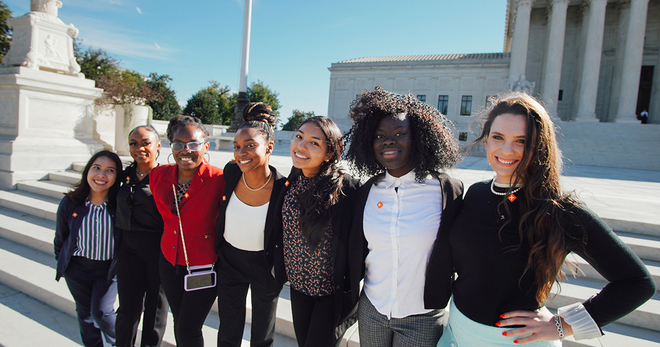Children’s book encourages Native American youth to reject tobacco
Standing in front of a classroom of American Indian elementary school students in Santa Fe, N.M., Logan Brown told them that they were going to draw the pictures for a children’s book she wrote.

The book’s main character, Denali, would look just like them: a young American Indian student. Brown didn’t have the illustrations of Denali yet—the final illustrations would be based off the students’ drawings—but she knew what the story would tell.
In the book, “Denali Dreams,” Denali draws motivation from the Alaskan mountain she was named after to work hard as a student and soccer player, and chase her dreams. She keeps these dreams in mind as she resists pressure from a friend to try a cigarette. While imagining the damage it would do to her lungs, teeth and skin, Denali repeatedly resists with a simple response: “No!”
“When I came into the classroom, the students were so excited, and by the end of the class they were shouting along and really engaging,” Brown said. “Every time that I read the book, by the end I will pause just before Denali says ‘No!’, and without fail, the entire class will also be yelling ‘No!’.”
Brown went to the New Mexico school based on a suggestion from staff members at Haskell Indian Nations University in her hometown of Lawrence, Kan., which is also near the Prairie Band Potawatomi Reservation.
Growing up in Lawrence, Brown observed many people smoking and wanted to know why the smoking rate is so high in her community. She discovered the well-documented history of the tobacco industry successfully targeting minority communities, including American Indians. American Indians and Alaska Natives have the highest smoking rate among all racial and ethnic groups.
“Tobacco companies spend a disproportionate amount of funding targeting Native American communities, and tobacco products are accessible at a cheaper price on many reservations,” said Brown, currently a junior in college. “I wanted to create a resource that was tailored to the Native American community that could be used to prevent tobacco use in as many youth as possible.”
“Denali Dreams” is a project that developed from Brown’s participation in the 2015-16 Truth Initiative® Youth Activism Fellowship program. During the program, each fellow submits a proposal for a local tobacco-prevention project. Fellows receive financial support, supplemental materials and expert guidance from Truth Initiative fellowship advisors to execute their projects.
I will use what I learned throughout the fellowship for years to come
“I knew that I wanted to work specifically with kids, and I thought a book with pictures was the best way to translate my idea into something that could be used to reach and have an impact on children of different ages across the nation,” said Brown.
The tricky part, she said, was ensuring that the book was a helpful, age-appropriate resource for the entire American Indian community and respectful of the cultural diversity within different tribes and reservations.
“My greatest fear at the start of the project was that the book would be taken the wrong way,” Brown said. “Some tribes use tobacco as part of rituals and the practice is an inherent part of the culture and belief systems. I worked with many American Indian leaders to make sure that my book addressed only commercial tobacco use.”
Brown wants “Denali Dreams” to reach as many people as possible. She pitched the final product to the Bureau of Indian Education within the Department of the Interior, which determined that it was appropriate for distribution and agreed to distribute it to every Native American school—over 180 schools—in the U.S. this year. Brown is also working on a “Denali Dreams” curriculum that includes lesson plans, worksheets and coloring pages.
She credits the Youth Activism Fellowship program for the knowledge and confidence she gained to complete the project and continue her efforts in tobacco control.
“I learned so much throughout the entire process, from facts about tobacco industry to the ins and outs of publishing a children’s book,” Brown said. “I gained a new confidence in myself and my efforts, and I know that I will use what I learned throughout the fellowship for years to come.”
More in tobacco prevention efforts
Want support quitting? Join EX Program
By clicking JOIN, you agree to the Terms, Text Message Terms and Privacy Policy.
Msg&Data rates may apply; msgs are automated.

